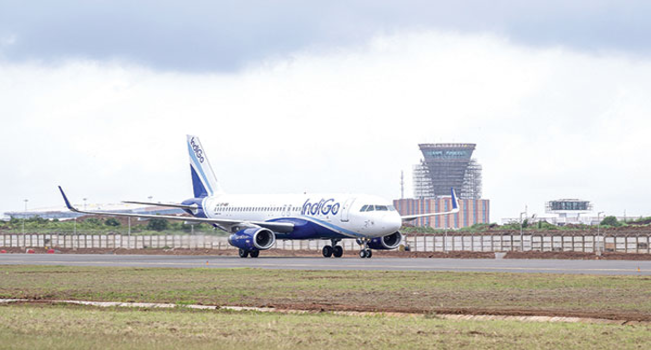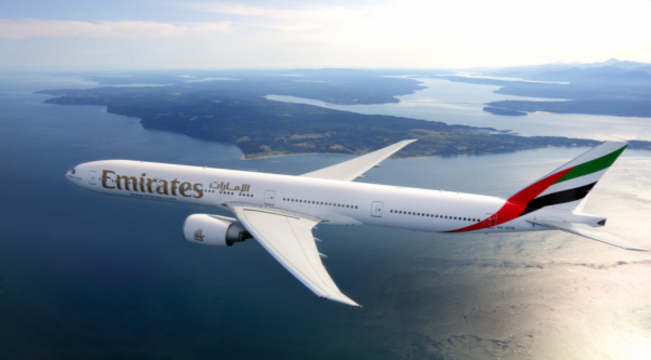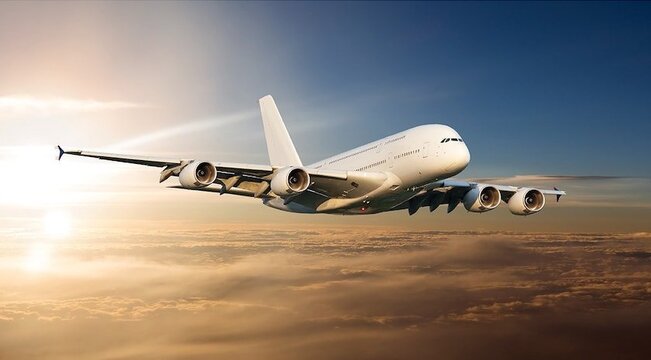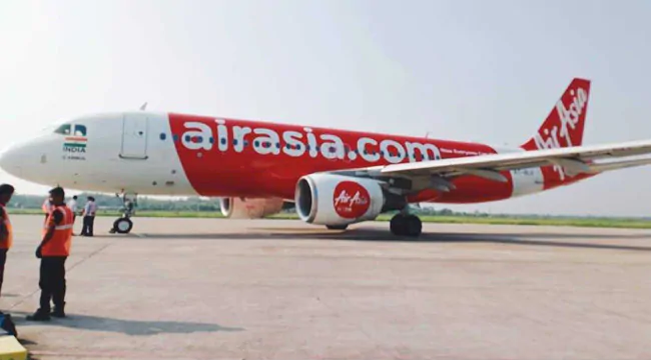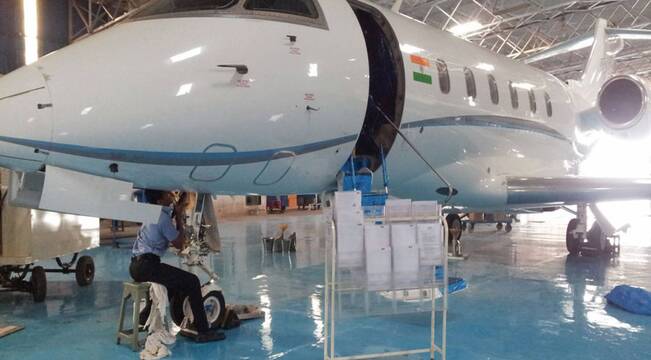Mumbai, April 25, 2020: Even as the global airline industry battles to survive the COVID pandemic, airlines’ trade body, the International Air Transport Association (IATA) on Friday forecast that the crisis would have a potential impact on 3 million jobs in India. The country might see the demand for air travel drop by half in 2020 as compared to 2019, which would bring about a $11 million drop in revenue this year as compared to the last.
“The situation is deteriorating. Airlines are in survival mode. They face a liquidity crisis with a $61 billion cash burn in the second quarter. We have seen the first airline casualty in the region. There will be more casualties if governments do not step in urgently to ensure airlines have sufficient cash flow to tide them over this period,” said Conrad Clifford, IATA’s regional vice president, Asia-Pacific. He identified India, Indonesia, Japan, Malaysia, the Philippines, Republic of Korea, Sri Lanka and Thailand as priority countries that need to take action.
Coronavirus outbreak: Live updates
IATA’s latest forecast states that the COVID crisis could impact 2.93 million jobs in India, while there will be a 47% reduction in passenger demand — a drop of 89 million in passenger volumes in 2020 as compared to last year, that is — due to demand impact at destination and origin airports according to the reports published in timesofindia.indiatimes.com.
More on Covid-19
Coronavirus pandemic: Complete Coverage21-day lockdown: What will stay open and what won’tHow to quarantine yourself at homeTrust the newspaper for your daily verified news
“Providing support for airlines has a broader economic implication. Jobs across many sectors will be impacted if airlines do not survive the COVID-19 crisis. Every airline job supports another 24 in the travel and tourism value chain. In Asia-Pacific, 11.2 million jobs are at risk, including those that are dependent on the aviation industry, such as travel and tourism,” said Clifford.
“Airlines continue to perform an important role currently with the transport of essential goods, including medical supplies, and the repatriation of thousands of people stranded around the world by travel restrictions. And after the COVID-19 pandemic is contained, governments will need airlines to support the economic recovery, connect manufacturing hubs and support tourism. That’s why they need to act now – and urgently – before it is too late,” said Clifford.










